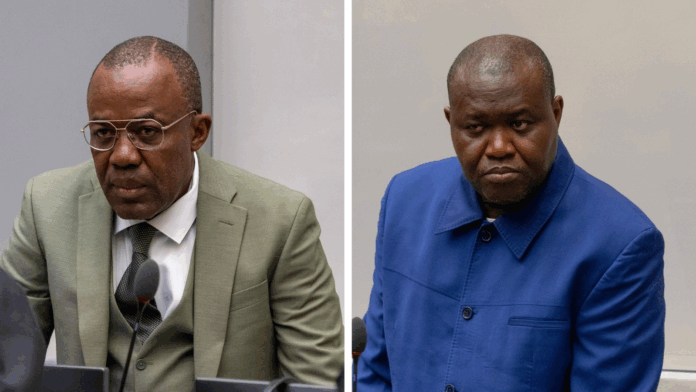The International Criminal Court (ICC) on July 24, 2025, delivered a landmark verdict in the trial of Alfred Yekatom and Patrice-Edouard Ngaïssona, finding both men guilty of numerous war crimes and crimes against humanity committed in Bangui and western Central African Republic (CAR) between September 2013 and at least February 2014.
Trial Chamber V, presided over by Judge Bertram Schmitt with Judges Péter Kovács, Chang-ho Chung, and Beti Hohler (Alternate), sentenced Alfred Yekatom—known as “Rambo”—to 15 years’ imprisonment, and Patrice-Edouard Ngaïssona to 12 years. The time both have already spent in ICC detention will be deducted from their terms.
The verdict followed a years-long trial involving evidence from over 170 witnesses and tens of thousands of exhibits. The Chamber found that Ngaïssona and Yekatom held senior positions within the Anti-Balaka militia, a predominantly Christian group formed in 2013 as violent conflict erupted between the Anti-Balaka and the mostly Muslim Seleka rebels. The Seleka had seized power in Bangui earlier in 2013, leading to brutal reprisals and widespread violence.
Judges determined that both men were responsible for leading, planning, or supporting attacks targeting Muslim civilians. The crimes included murder, torture, attacks against civilian populations and religious buildings, deportation and forcible transfers, imprisonment, destruction of property, and persecution. Yekatom was found to have exercised direct control over a force of around 3,000 fighters, while Ngaïssona was described as a key organiser and financier of militia operations.
While Yekatom was cleared of charges related to using child soldiers under the age of 15, and Ngaïssona was acquitted of rape and certain other charges, both men were found guilty of the core crimes relating to the brutal campaign against Muslim communities. The court’s findings highlighted that although militia leaders instrumentalised religion, the initial roots of the conflict were not purely religious, as many communities had previously coexisted peacefully.
Reactions in Bangui were mixed, with victims’ advocates welcoming the decision but some relatives of the convicted criticising the sentences as too lenient or vowing to appeal. Human rights groups hailed the verdict as a milestone for justice in the Central African Republic, calling for broader accountability for atrocities committed during the years of upheaval.





5gyghs
5gyghs